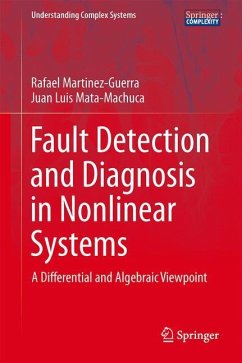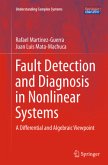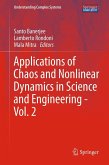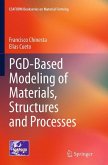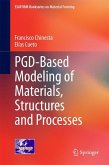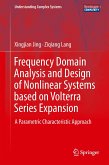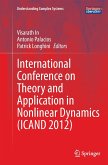The high reliability required in industrial processes has created the necessity of detecting abnormal conditions, called faults, while processes are operating. The term fault generically refers to any type of process degradation, or degradation in equipment performance because of changes in the process's physical characteristics, process inputs or environmental conditions. This book is about the fundamentals of fault detection and diagnosis in a variety of nonlinear systems which are represented by ordinary differential equations. The fault detection problem is approached from a differential algebraic viewpoint, using residual generators based upon high-gain nonlinear auxiliary systems ('observers'). A prominent role is played by the type of mathematical tools that will be used, requiring knowledge of differential algebra and differential equations. Specific theorems tailored to the needs of the problem-solving procedures are developed and proved. Applications to real-world problems, both with constant and time-varying faults, are made throughout the book and include electromechanical positioning systems, the Continuous Stirred Tank Reactor (CSTR), bioreactor models and belt drive systems, to name but a few.
Bitte wählen Sie Ihr Anliegen aus.
Rechnungen
Retourenschein anfordern
Bestellstatus
Storno

